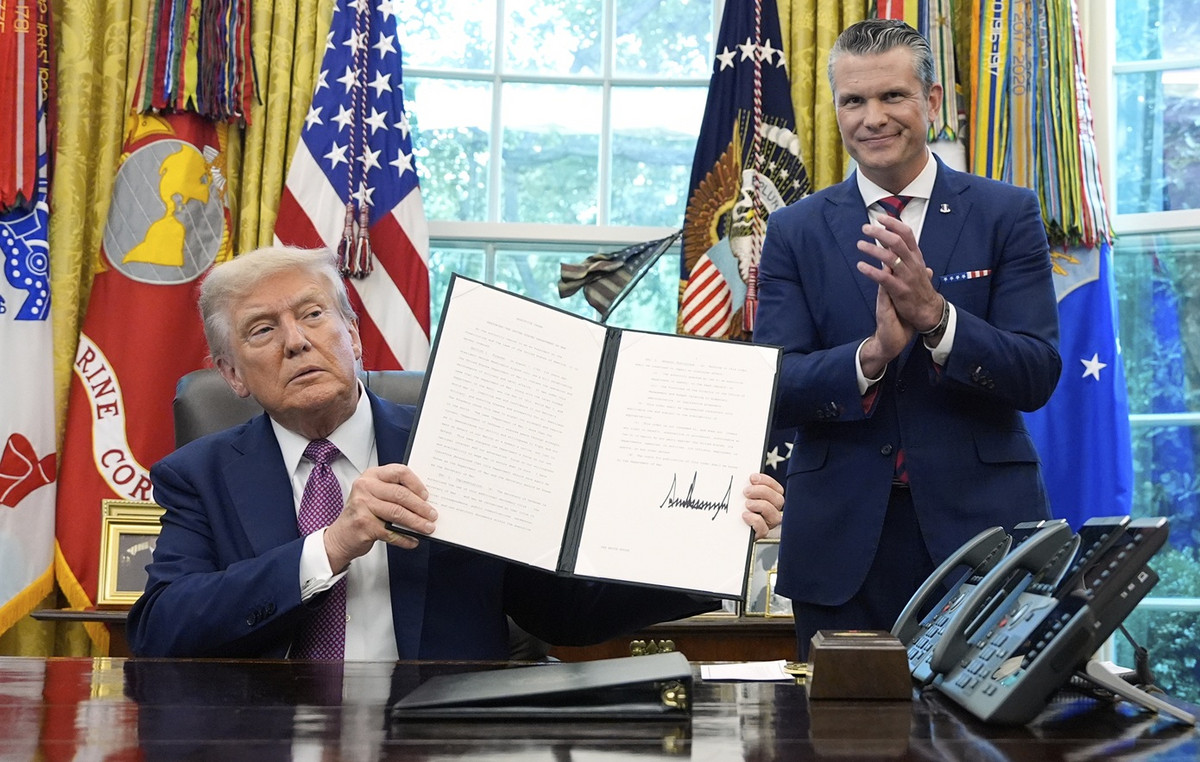President Jair Bolsonaro (no party) stated, last Monday (15), that the National Secondary Education Examination (Enem) “now begins to look like the government.” The statement was made while he was responding to an institutional crisis at the National Institute for Educational Studies and Research (Inep). In recent weeks, thirty-seven servers left the positions they occupied in the body that handles the management of the exam.
For the director of the Center for Educational Policies at FGV, Claudia Costin, the position of the federal government in relation to the test is “regrettable”.
“Since when it was created, Enem reflects the context in which we live. At each test, an attempt is made to see to what extent these young people follow the news, are well informed and are capable of critically reflecting, as autonomous thinkers, on what is happening in our country and in the world. Ideologizing is witch-hunting in the process of elaborating the questions”, he said in an interview with CNN.
The specialist, who previously served as Education Director at the World Bank, complemented her speech by saying that Inep “is internationally respected” and considered a “fairly solid” institution. “I imagine their horror at the idea of ideological control of issues, very sad,” said Costin.
Claudia Costin also said that educational policies should be thought of as State policies, not government policies.
“There should not be any proof, organized nationally, the face of a government, be it this one or another. Educational policy should be state policy and not government policy, and even more so, in which it seeks to assess whether these young people are ready for university education.”
She stressed that no one in the government can have access to Enem and laments: “Unfortunately, a Commission was created to analyze whether the issues have the design or configuration of Bolsonaro’s ideas.”
In the analysis of the director, no country that has a good education system opens gaps for an assessment of the nature of the issues. “It is good to remember: they are made based on a public notice calling on professors who will formulate these questions. There is an organized bank of questions and even the themes of the newsrooms”, he explains.
Costin also criticizes the Ministry of Education’s (MEC) lack of coordination throughout the Covid-19 pandemic. In his view, Brazil was taking slow steps towards an improvement in the educational level of its population, but, now, the country is likely to experience a setback.
“We came from a trajectory of improvement, slow but improvement. What we are seeing with the pandemic, but also with the lack of national coordination of response to the pandemic, is a setback and we will pay dearly for this lack of interest by the MEC for a good part of these four years.”
Reference: CNN Brasil







